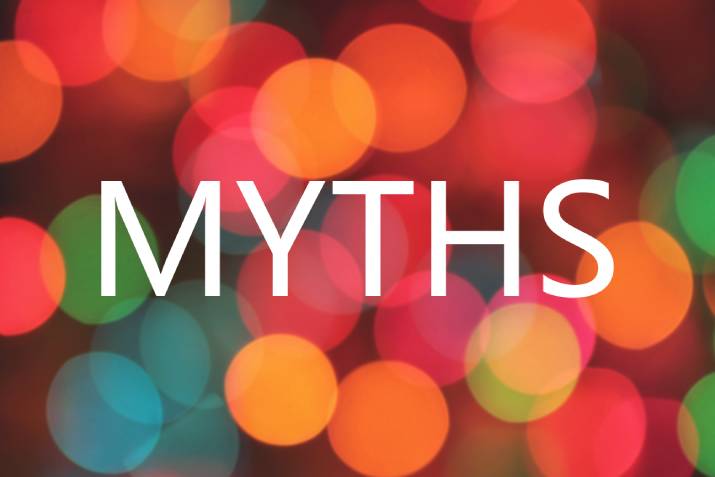
Feeling low or sad is part of the normal human experience, especially when we have a bad experience or lose someone or something important. However, a sustained change in mood with additional symptoms that constitute a change in your usual functioning may indicate a depressive episode.
Firstly, what is depression? Us psychologists use a specific criteria from the DSM-5 to assess whether what you’re going through should be classified as a major depressive episode. If 5 or more of these statements ring true over at least the last 2 weeks, we’d advise having a chat with your doctor to organise a referral.
-
-
- I feel low, sad, or empty
- I don’t enjoy anything at the moment; I’ve lost interest in my usual activities
- I’ve noticed changes in my appetite or weight
- I’m having more difficulty sleeping than usual
- People have noticed changes in the speed of my movements or speech
- I feel fatigued or lethargic most of the day
- I feel guilty, worthless, or helpless
- I can’t concentrate or struggle to make decisions
- I feel hopeless and think about suicide
-
Myth – Depression is a sign of weakness
Mental health issues are often considered inferior to physical illnesses because they’re not always so obvious. Depression is a medical condition characterised by a chemical imbalance in the brain, not a weakness. In fact, recognising you’re experiencing difficulties and reaching out for help can be empowering and is a sign of strength.
Myth – People with depression can’t function
Depression occurs on a spectrum and can present differently. For some people, they may experience the stereotypical presentation of crying and being unable to move from the sofa but others may continue to wade through their daily responsibilities behind a mask of positivity. It is best never to make assumptions about others’ experiences.
Myth – Depression will go away by itself
Without treatment, people often find ways of coping (some helpful, some not so much) but the depression doesn’t tend to just disappear with time and can even get worse. As a medical condition, we would advise you seek treatment and support to manage your symptoms as soon as possible. Depression is one of the most treatable mental health conditions; it’s most effectively treated through a combination of medication and psychotherapy.
Myth – Talking about it will make it worse
It can be scary talking about our feelings but reaching out can help to build support and find solutions. Opening up to a trained therapist can help you explore why you’re struggling and move beyond it.
If you’re concerned you may be living with depression, start talking to one of our empathetic psychologists today. Call (08) 8232 2424 to book an appointment.
